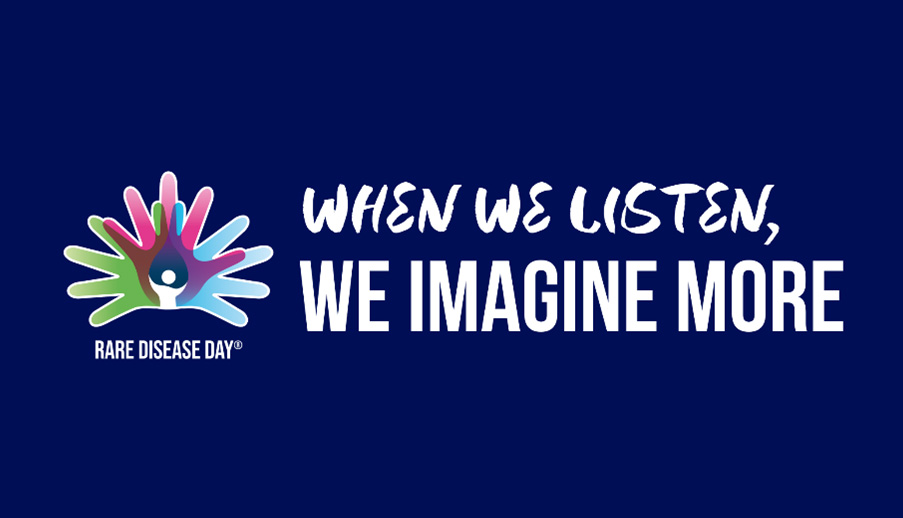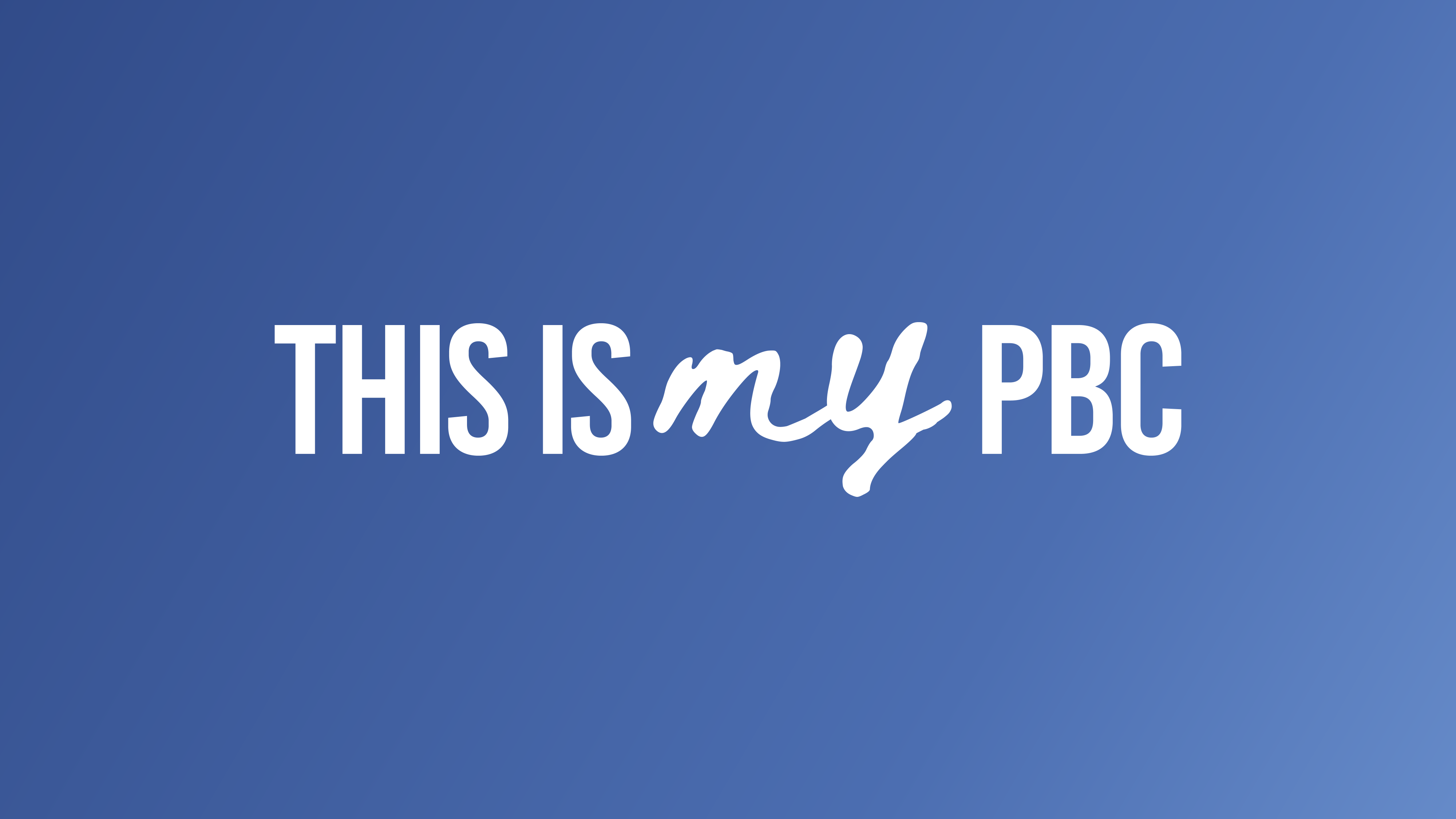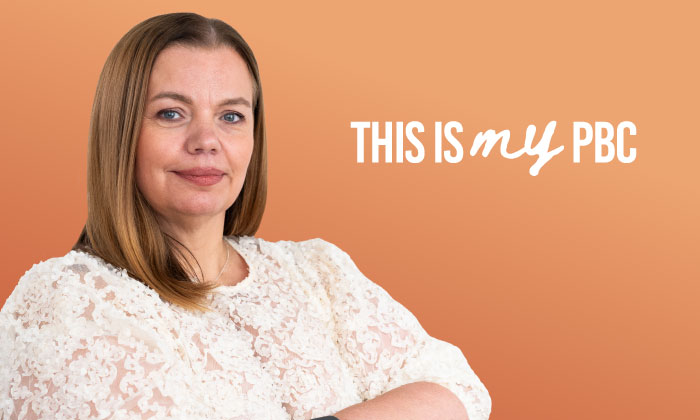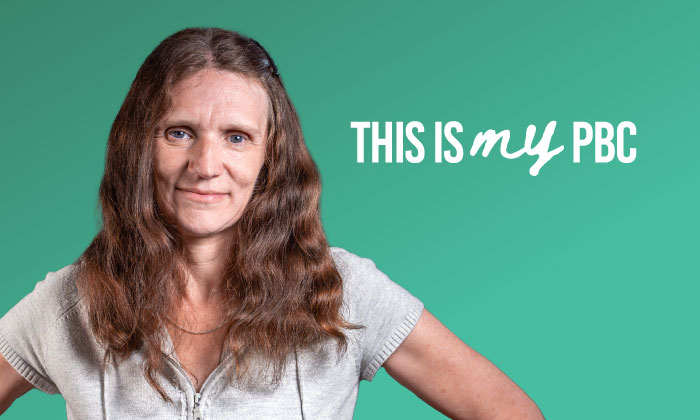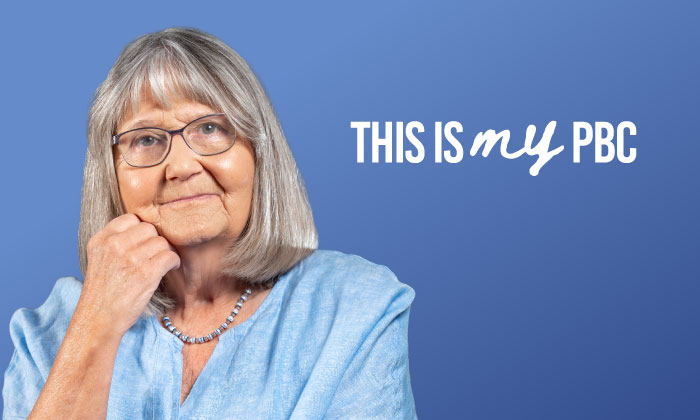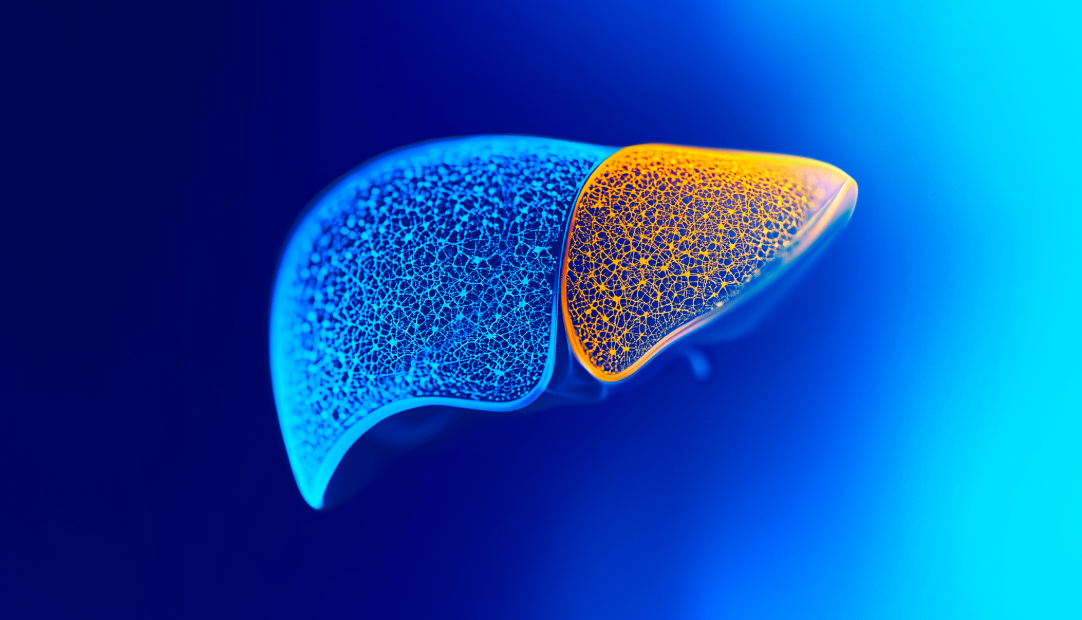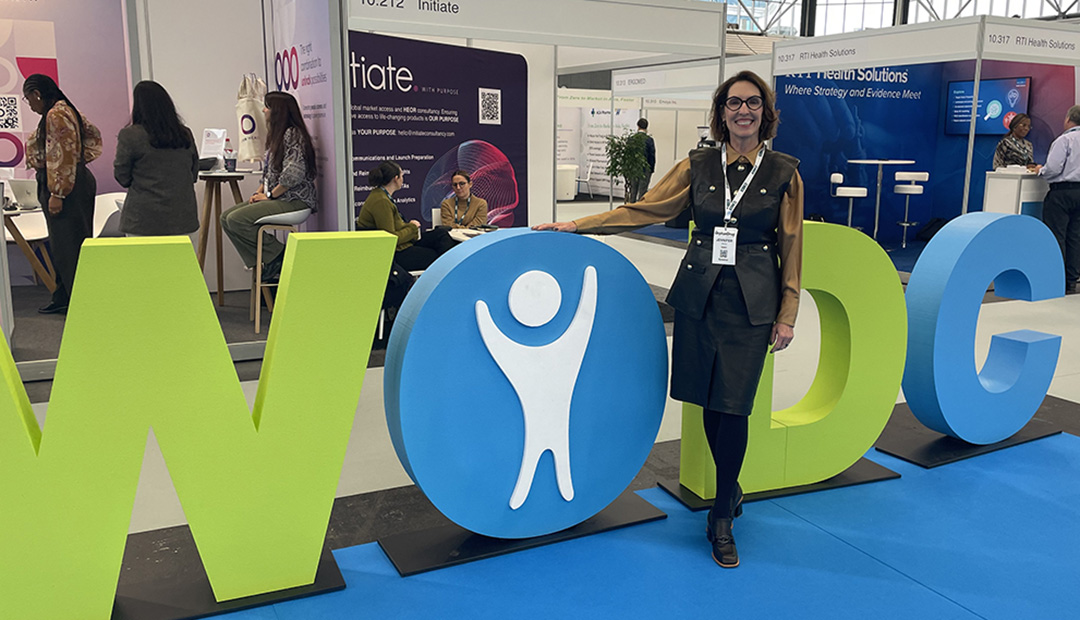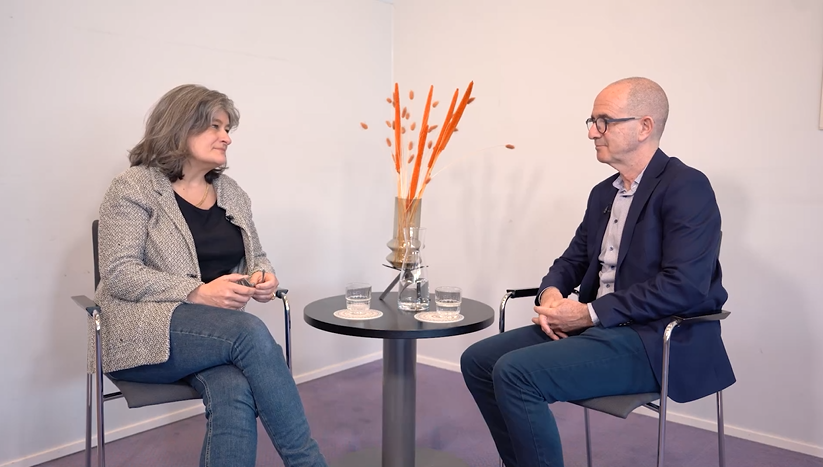PBC Awareness Day: Confronting Bias and Elevating Patient Voices
An article by Josep Catllà, Executive Vice President, Chief Corporate Affairs Officer
For the thousands of individuals, mostly women, living with primary biliary cholangitis (PBC), a chronic, progressive autoimmune liver disease, the journey can be lonely – not just because of the disease itself but because it is often misunderstood, minimized, and overlooked.1
Liver disease carries a lot of stigma, mainly because of the assumption that it’s caused by lifestyle choices. However, many liver conditions, such as PBC, aren’t related to behavior and don’t produce visible symptoms. Instead, PBC brings debilitating fatigue, itching, and brain fog – symptoms that are invisible to others, yet deeply disruptive to daily life.1
Liver disease is too often met with judgement and with women making up 9 out of 10 people living with PBC2, their symptoms are even more likely to be dismissed. A survey conducted by EURORDIS found that women with rare diseases face longer diagnostic journeys than men, even when comparing conditions equally prevalent in both sexes.3
Women’s discomfort and instincts about their health have historically been minimized. Fatigue, for example, is socially normalized in women due to societal roles (work, caregiving, household responsibilities), and studies show that it is more likely to be dismissed as psychological, hormonal or simply ‘normal’ – even when it signals a serious underlying condition.4,5
Middle-aged women, in particular, are at risk of experiencing fatigue from multiple overlapping sources, such as menopause, which makes it harder to reach a clear diagnosis or get the right support and treatment.6 Since PBC is most commonly diagnosed in women between the ages of 35-557, symptoms such as fatigue and brain fog are often misattributed, making timely recognition and appropriate care more challenging.5
This lack of recognition can have a serious knock-on effect on mental wellbeing. Many people living with PBC describe a sense of disconnection – not just from their health, but from their communities, workplaces, and support systems.8 That’s why recognition, awareness, and validation of PBC is essential in shortening time to diagnoses, improving disease management, and personalized care.
Thanks to advocacy, research, and the patient support networks available, more people are listening to women’s health concerns and recognizing that symptoms, like fatigue, are real. When patients feel dismissed or isolated, support groups can become lifelines. They remind people with PBC that they’re not alone and that their experiences matter. This is crucial to addressing the broader issue of gender disparities in healthcare, and especially important for women with rare diseases, who face additional barriers to diagnosis and care.
Improving recognition, reassurance and support is important across all rare diseases – especially for individuals who may feel disengaged from their condition, who may not be members of support organizations, or who do not feel like they fully understand how to manage it. This is especially important in PBC, and our recently launched campaign, This is My PBC, aims to provide individuals with recognition, reassurance, and validation in how they experience their disease, and empowers those living with PBC to take charge of their journey. People living with PBC may be unique, but they are not alone.
To learn more about PBC and fatigue, visit:Beyond tired: Understanding fatigue in Primary Biliary Cholangitis – Global
- Faisal, A, 2024. Understanding fatigue and pruritus in primary biliary cholangitis. Clinical Liver Disease, 23(1), p.e0216.
- Galoosian A, et al. Clinical updates in primary biliary cholangitis: trends, epidemiology, diagnostics, and new therapeutic approaches. J Clin Transl Hepatol. 8(1), pp. 49-60.
- Faye F, et al. 2024. Time to diagnosis and determinants of diagnostic delays of people living with a rare disease: results of a Rare Barometer retrospective patient survey. European Journal of Human Genetics, 32(9), pp.1116-1126.
- Montali L, et al. 2011. ‘It’s as if PBC didn’t exist’: The illness experience of women affected by primary biliary cirrhosis. Psychology & Health, 26(11), pp.1429-1445.
- Stosic M.D, et al. 2024. Gender Bias in the Perception of Others’ Fatigue: Women Report More Fatigue Than Men But Have Their Fatigue Underestimated by Others. Sex Roles, 90(11), pp.1599-1615.
- Jing M.J, et al. 2015. A community-based cross-sectional study of fatigue in middle-aged and elderly women. Journal of psychosomatic research, 79(4), pp.288-294.
- PBC Foundation. About PBC. Available at: https://www.pbcfoundation.international/what-is-pbc/about-pbc/. Last accessed: September 2025
- Sivakumar T, and Kowdley K.V. 2021. Anxiety and depression in patients with primary biliary cholangitis: Current insights and impact on quality of life. Hepatic Medicine: Evidence and Research, pp.83-92.





